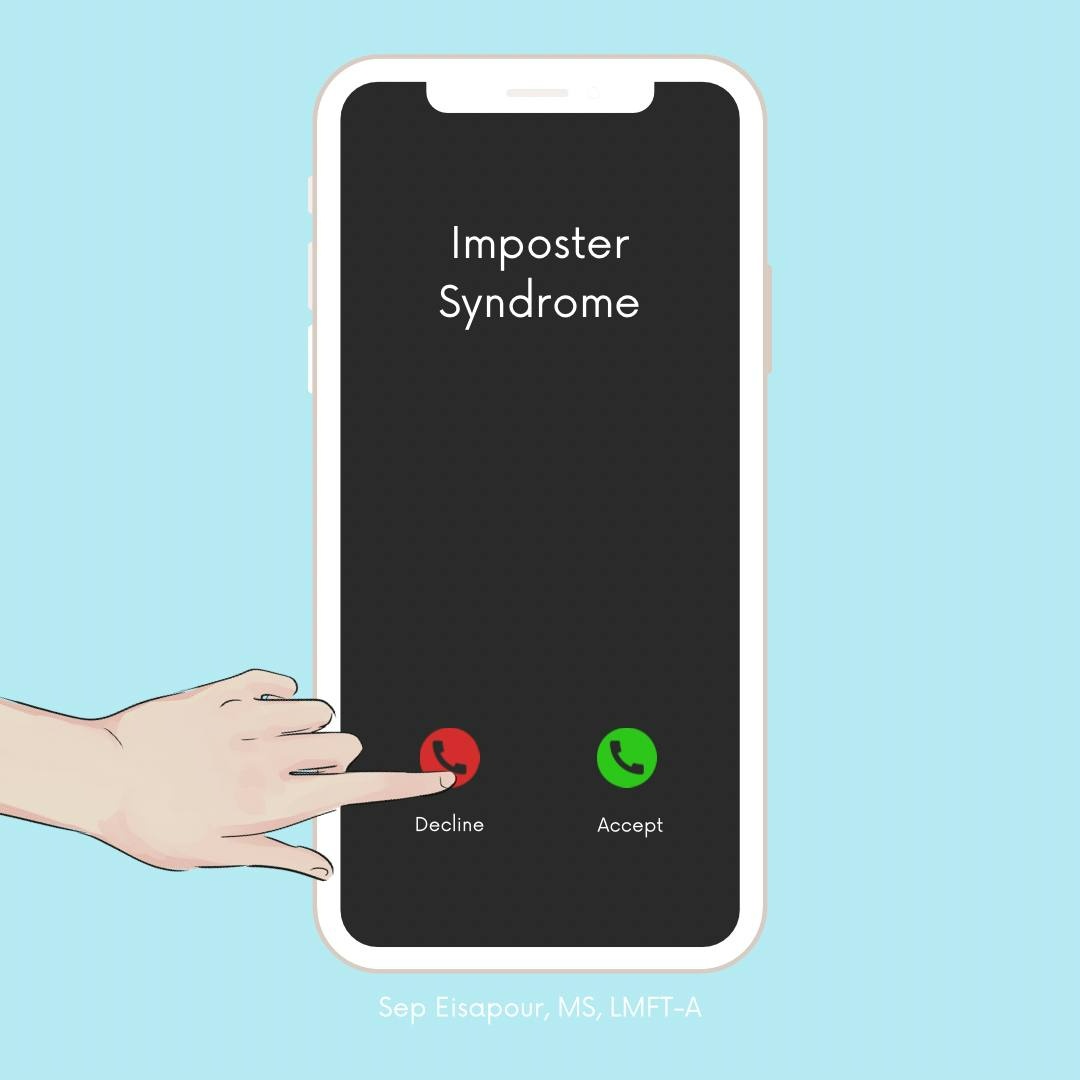Navigating Imposter Syndrome: Unveiling the Layers of Self-Doubt and Cultivating Authenticity written by Sep Eisapour

Imposter syndrome, a pervasive psychological phenomenon, casts a shadow of doubt over our accomplishments and abilities, despite evidence of success. Stemming from a complex interplay of psychological factors, imposter syndrome can manifest in various forms, affecting individuals across diverse backgrounds and professions. In this comprehensive exploration, we’ll delve into the depths of imposter syndrome, drawing insights from cognitive biases like the Dunning-Kruger effect and childhood adversities, while offering practical strategies for overcoming its grip and embracing authenticity.
Unveiling the Layers of Imposter Syndrome:
The Dunning-Kruger Effect: At the heart of imposter syndrome lies the Dunning-Kruger effect, a cognitive bias where individuals with low ability tend to overestimate their competence, while those with high ability may underestimate theirs. This paradoxical phenomenon illuminates the distorted perceptions that fuel imposter syndrome, trapping individuals in a cycle of self-doubt and overcompensation.
Childhood Adversities: Childhood experiences, including adversity, trauma, or familial dynamics, can lay the foundation for imposter syndrome later in life. Children who experience criticism, neglect, or unrealistic expectations may internalize feelings of inadequacy and worthlessness, setting the stage for imposter syndrome to take root in adulthood. Understanding the roots of imposter syndrome requires exploring the intricate tapestry of childhood experiences and their impact on self-esteem and self-worth.

Strategies for Overcoming Imposter Syndrome:
Embrace Vulnerability: Instead of viewing vulnerability as a weakness, embrace it as a catalyst for growth and connection. Share your struggles and insecurities with trusted friends, family, or mental health professionals, fostering authentic connections and dispelling the illusion of perfection.
Rewrite Your Narrative: Challenge the negative self-talk and distorted beliefs perpetuated by imposter syndrome. Replace self-criticism with self-compassion, celebrating your achievements and acknowledging your inherent worthiness. Practice reframing setbacks as opportunities for growth and learning, shifting your mindset from one of fear to one of possibility.
Cultivate Authenticity: Cultivate authenticity by embracing your true self, flaws and all. Recognize that perfection is an unattainable ideal and that authenticity lies in embracing your imperfections with courage and grace. By cultivating authenticity, you invite others to do the same, fostering genuine connections built on trust and mutual respect.
Seek Support and Mentorship: Reach out to mentors, peers, or mental health professionals for support and guidance on your journey to overcoming imposter syndrome. Therapy can provide a safe space to explore the underlying roots of imposter syndrome and develop coping strategies for navigating through it.
Imposter syndrome may cast shadows on our journey, but it need not define our destination. By unraveling the layers of self-doubt and embracing authenticity, we can transcend the limitations of imposter syndrome and step into our power with confidence and resilience. Remember, you are worthy of success, belonging, and love, just as you are. Embrace your authenticity, and let your light shine brightly in the world.

